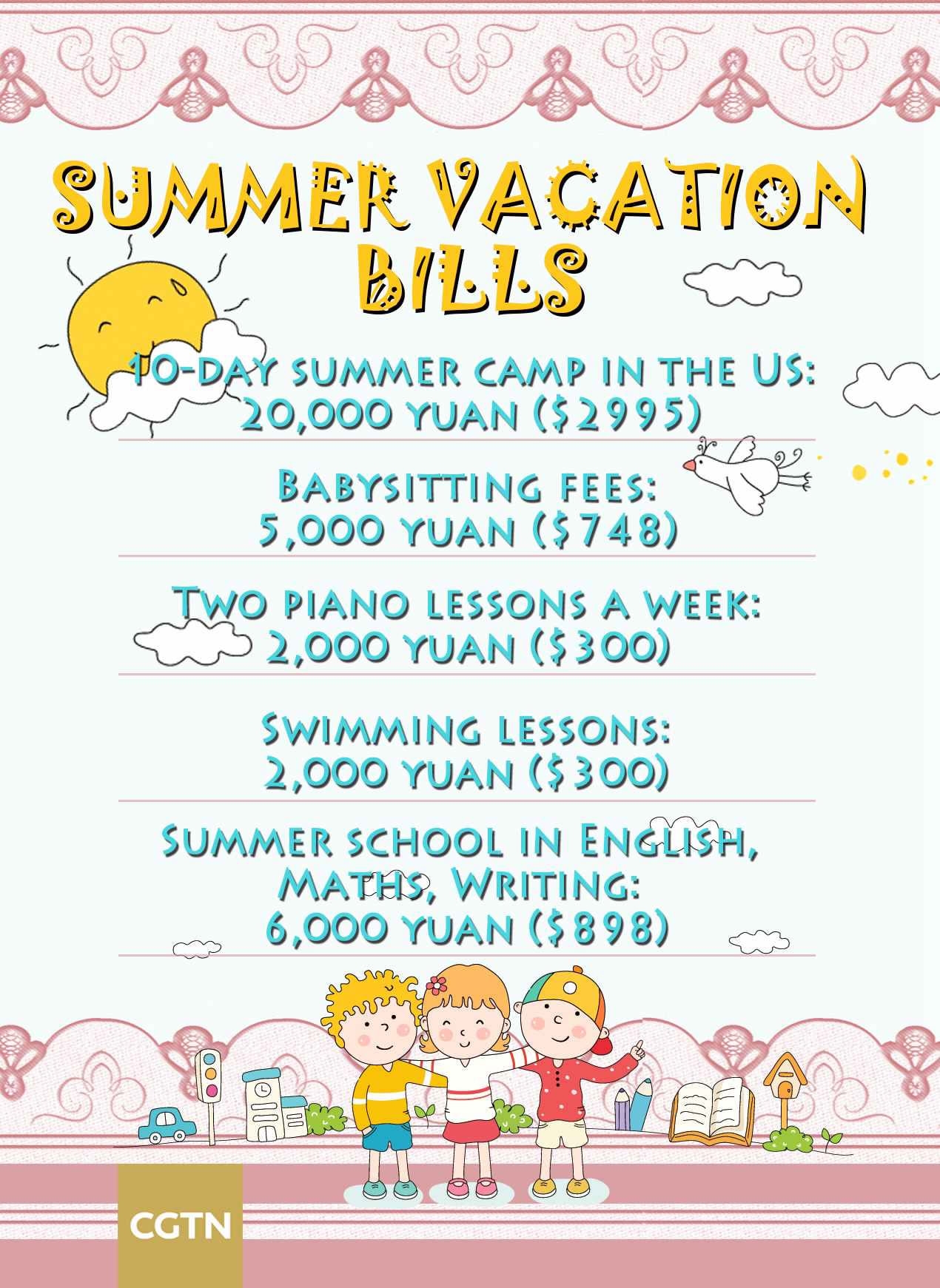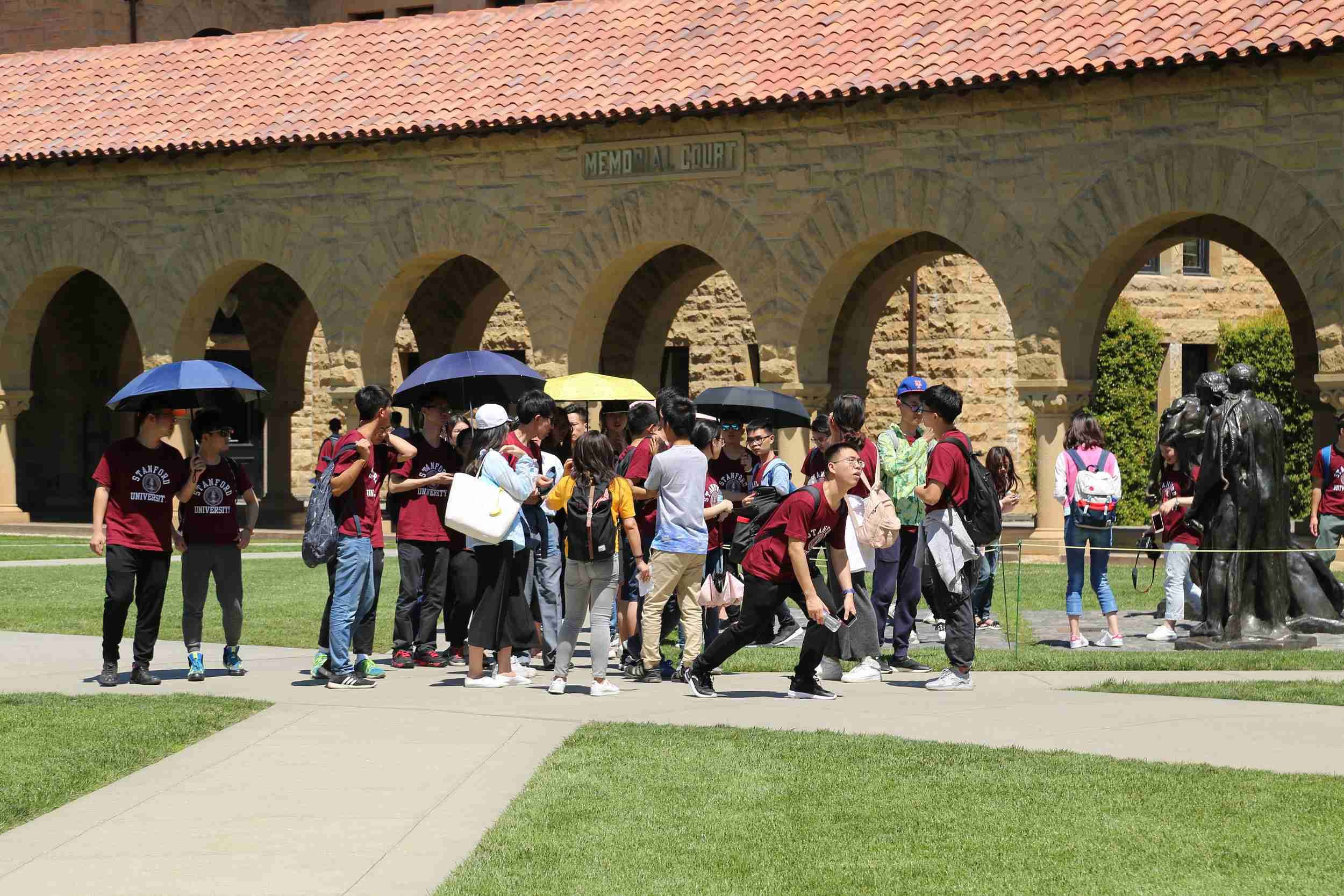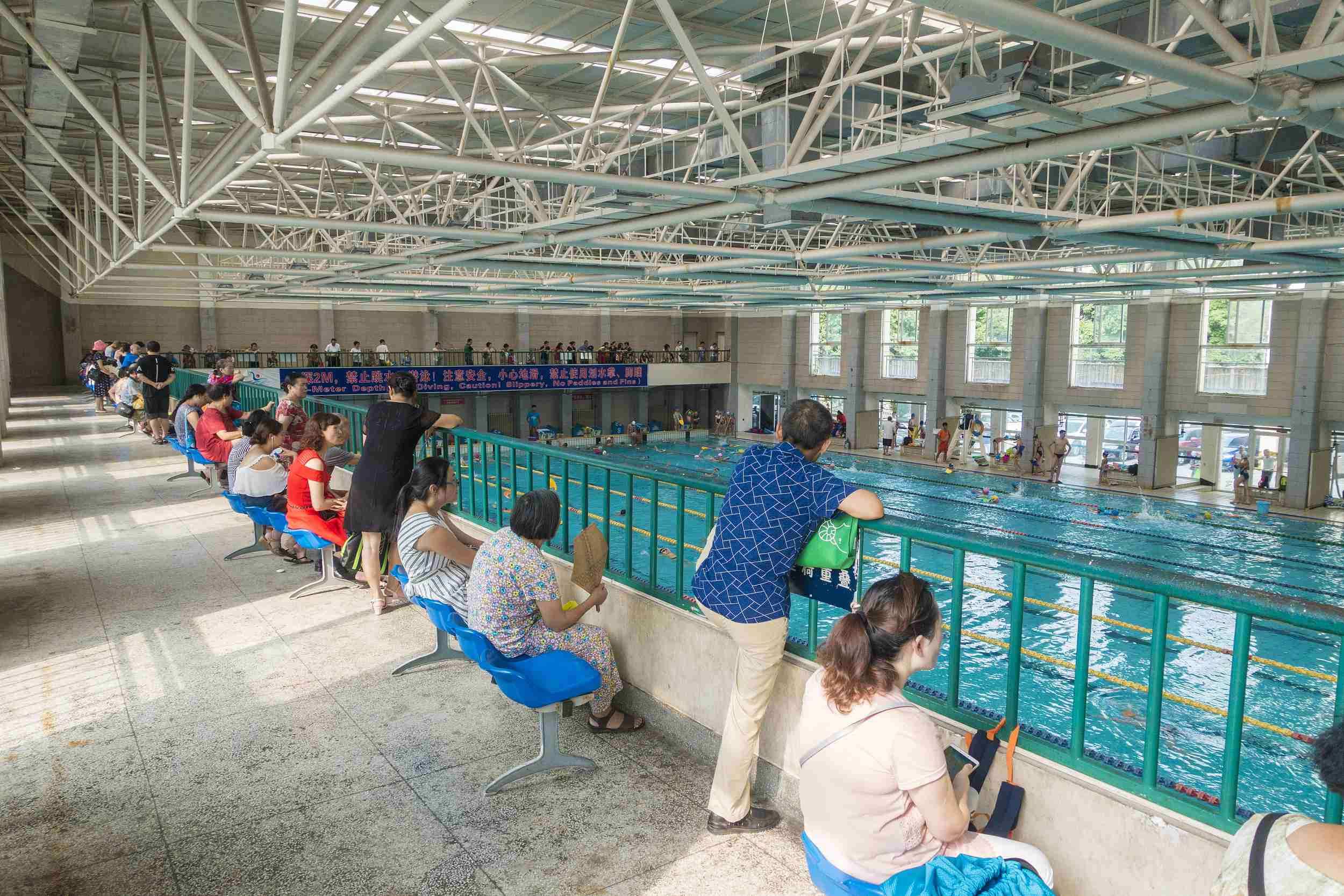
Culture
23:13, 15-Aug-2017
How much does a happy summer vacation cost in China?
By Ai Yan

As we are already halfway through the summer vacation, it is time that many Chinese parents have to face the bills for their summer expenditure.
"How much does a summer vacation cost for your kid?" has become not only the most frequently discussed question among parents, but also a hit on Chinese social media this summer.
An article titled "It is hardly possible to support a child's summer vacation with a monthly salary of 30,000-yuan [4,493 US dollars]" went viral on social media platform WeChat Moments. A mother, who claimed to be a senior executive in a company in South China's Guangzhou, complained that with such a salary, she could barely cover the bills of her daughter's summer vacation.
She listed the bills:

CGNT Photo
CGNT Photo
Where do sky-high summer vacation bills come from?
The article was echoed by many Chinese parents who also complained about similar expenditures beyond their capabilities. Others turned to criticize the social tendency of wealth-flaunting and vanity comparison.
An online survey shows that about 52 percent of the sampled families spend 5,000-10,000 yuan on children during the summer vacation, while 25 percent spend 10,000-20,000 yuan, and only 9 percent spend 20,000-30,000 yuan.

Chinese students visiting Stanford University in California, the US. /VCG Photo
Chinese students visiting Stanford University in California, the US. /VCG Photo
A mother surnamed Zhu in Shanghai, who has just come back from her two daughters' summer camp in the UK, said that her daughters go to an international school, and nearly all the students there would travel overseas during the summer vacation. It would embarrass the children if they have no such experiences to share with their friends.
It cost her 140,000 yuan in total to accompany her children on the summer camp.
It has almost become a prevailing atmosphere for the children to share with each other about their overseas tourist destinations.

Children attend dancing class during their summer vacation. /VCG Photo
Children attend dancing class during their summer vacation. /VCG Photo
But that was far from enough for the Chinese parents. As most of them have great expectations for their children, they are often willing to invest heavily in their children's education, in order to help them stand out in the fierce competitions.
Various extracurricular classes become their best choices. Horse riding, swimming, painting, piano, violin, golf…each of such a summer class will cost the parents a fortune.
Meanwhile, parents being too busy at work and having too little time to spend with their children is another reason of giving their kids such a tight schedule.
Can a happy summer vacation be bought?

Parents waiting for their children by swimming pool. /VCG Photo
Parents waiting for their children by swimming pool. /VCG Photo
However, when the topic of "an expensive summer vacation" became a hit on the Internet, many began to ask "since when people start to buy happiness for the summer vacation?" "Is it the parents' vanity or the children's wish that is behind such phenomenon?" "Is it possible to spend a happy summer vacation without such sky-high expenditures?"
Many young people in their early 20s or 30s started to recall their childhood and summer vacations without any extra lessons, but only days of wondering around with their friends, a leisurely period of time spending at their grandparents'.

VCG Photo
VCG Photo
"I went fishing with my friends every summer vacation, and it didn't make me less happy at all," said Weibo user @Guandam.
Chu Zhaohui, researcher of the National Institute of Education Science, said that the phenomenon is rooted in the parents' utility psychological recognition of education. Many people hope that their kids could take the advantages of the summer vacation to overtake their peers.

VCG Photo
VCG Photo
"There are also the rising middle class expecting to elevate their children's artistic cultivation or accomplishment. But they should take into account their affordability instead of comparing with others," said Chu.
"For children, their parents' love and time spending together is much more important than the investment of money."
"Learning and traveling is a good thing, but allowing their children to spend time on things they are interested in might be more meaningful," added Chu.
5km

SITEMAP
Copyright © 2018 CGTN. Beijing ICP prepared NO.16065310-3
Copyright © 2018 CGTN. Beijing ICP prepared NO.16065310-3